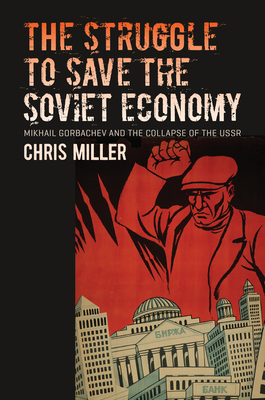Expedite your nonfiction book discovery process with Readara interviews, summaries and recommendations, Broaden your knowledge and gain insights from leading experts and scholars
In-depth, hour-long interviews with notable nonfiction authors, Gain new perspectives and ideas from the writer’s expertise and research, Valuable resource for readers and researchers
Optimize your book discovery process, Four-to eight-page summaries prepared by subject matter experts, Quickly review the book’s central messages and range of content
Books are handpicked covering a wide range of important categories and topics, Selected authors are subject experts, field professionals, or distinguished academics
Our editorial team includes books offering insights, unique views and researched-narratives in categories, Trade shows and book fairs, Book signings and in person author talks,Webinars and online events
Connect with editors and designers,Discover PR & marketing services providers, Source printers and related service providers
The Struggle to Save the Soviet Economy : Mikhail Gorbachev and the Collapse of the USSR


Summary
Only a hundred years ago, Russia was just another large country and was neither a powerful nation nor a regional or a super power. However, after World War I, Lenin and then Stalin quickly consolidated resources and focused on building an effective infrastructure that led to the steady rise of Russia to a regional power. By the time World War II broke out Russia had become a force to reckon with and was miles ahead of Britain and France in producing military hardware.
In his well-researched book, The Struggle to Save Soviet Economy, Professor Chris Miller drives to the heart of the rise, expansion and fall of the Soviet Union. With access to thousands of Russian archived documents, Professor Miller dissects the political tensions, leadership objectives and decision-making processes at the highest echelons of Russia’s power structure.
Founded on Marxism-Leninism ideology, the Soviet Union was fueled to the near top of the world with the help of consolidation of political power in Kremlin, the sacrifice of its people and the fervent desire of its leaders to build a powerful state at the expense of personal liberty and property.
That system, though inefficient, survived more than seven decades and did manage to produce a powerful state that other powers in the world could not ignore. In the late 1970s, Russian leaders’ efforts to modernize the system unleashed forces that neither Politburo nor communist party leader Mikhail Gorbachev was able to contain. The political paralysis produced by powerful forces that opposed economic reforms was the ultimate cause of the Soviet Union’s collapse.
Although the arms race with the West, a sharp fall in crude oil prices – the Soviet Union’s main source of foreign exchange – and significant human losses in the Soviet-Afghan War contributed to the economic pain, they were not the main reasons behind the fall of the Soviet Union.
About Chris Miller
Chris Miller is Assistant Professor of International History at the Fletcher School at Tufts University. He is also Eurasia Research Director of the Foreign Policy Research Institute. He is author of The Struggle to Save the Soviet Economy and Putinomics: Power and Money in Resurgent Russia. His articles have been published in academic journals such as Soviet and Post Soviet Review and in popular publications such as The Wall Street Journal. He received his PhD and MA from Yale University and his AB in history from Harvard University.Can Russia Adapt Gas Exports to a Competitive Global Market?
